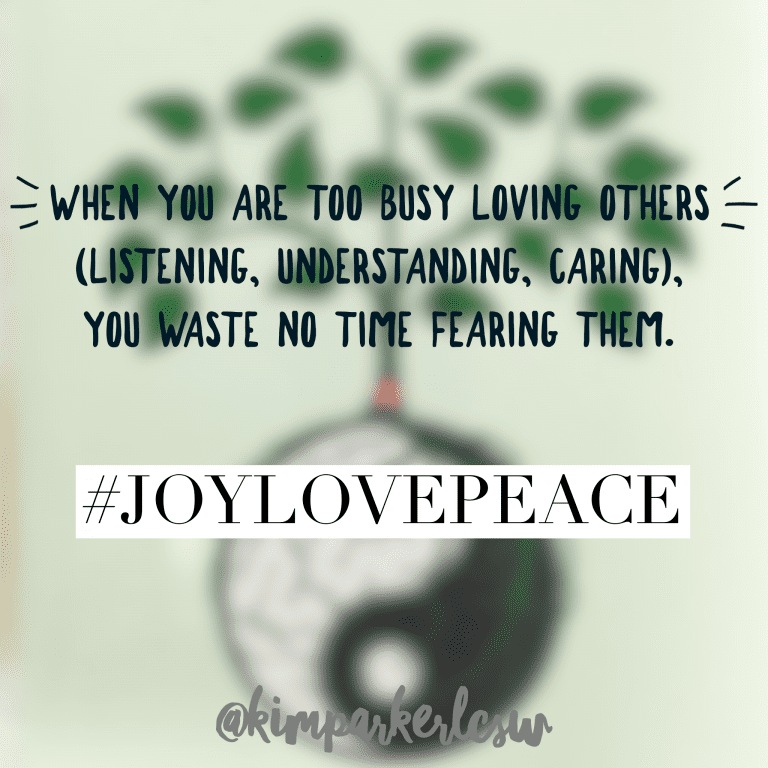Teach kids emotional intelligence, also known as emotion regulation. While many parents focus on raising a child with high IQ, research suggests that when we cultivate a high EQ, or emotional intelligent quotient, that is actually more likely to be linked with strong leaders and future financial success.
But what does emotional intelligence have anything to do with bullying? Simple. It’s better to prevent a problem from occuring than to spend days or months stressing and sweating up a viable solution. When two kids interact with each other, we have a meeting of two sets of awareness, thoughts, feelings, belief systems, and behavioral functioning. If one kid wants to tease or provoke another, then the aggressor will have to have a target in order for any bullying to occur. If you teach your child emotional intelligence, he or she will unlikely become an easy target for bullies, thereby deterring them or avoiding them altogether.
The ability to deter or disarm would-be bullies depends much on your child’s inner strength. My first article deals with promoting a positive, strong self esteem. The second addresses making your home a safe place for children to thrive, not just survive the chaos of life and people’s emotions, behaviors, and expectations. When you’ve got those two foundations laid, then you can teach emotion regulation. Psychology Today describes this skill as “the ability to manage emotions, including the ability to regulate your own emotions, and the ability to cheer up or calm down another person.”
You can identify what your triggers are. You are aware when you are being triggered to better handle your “weak” points. You read the other person as someone with needs (and therefore behavioral symptoms) rather than someone to fear. And you have learned some stress coping skills to utilize in case you get triggered so that you don’t spin reactively in the survival mode of fight, flight, or freeze. Instead, as I discuss in chapter 10 of my book, you go into the “figurer outer” mode to get moving out of the stuck cycle and toward your goals in life.
Some stress coping skills may include learning how to de-escalate yourself when you feel aroused, such as taking deep breaths, removing yourself from the threat or stressor, counting to ten in your head to slow down and gather your thoughts, going outside for a breath of fresh air, etc… More advanced stress coping may involve regulating your thoughts so that they are not too extreme, untrue, unhelpful, or distorted. When your thought life is under control, this affects your emotions, and vice versa, when your emotions are de-escalated, your thoughts are more productive, positive, or hopeful. Both regulated thoughts and emotions will lead to behaviors that do not trigger others, or keep you trapped in the vicious cycle of interpersonal relationship stress.
Finally, in my last post regarding bully-proofing your kids, I will discuss teaching them the path of least resistance. Do these skills sound reasonable and practical to your parental or educator’s ears? Please share your thoughts below.












